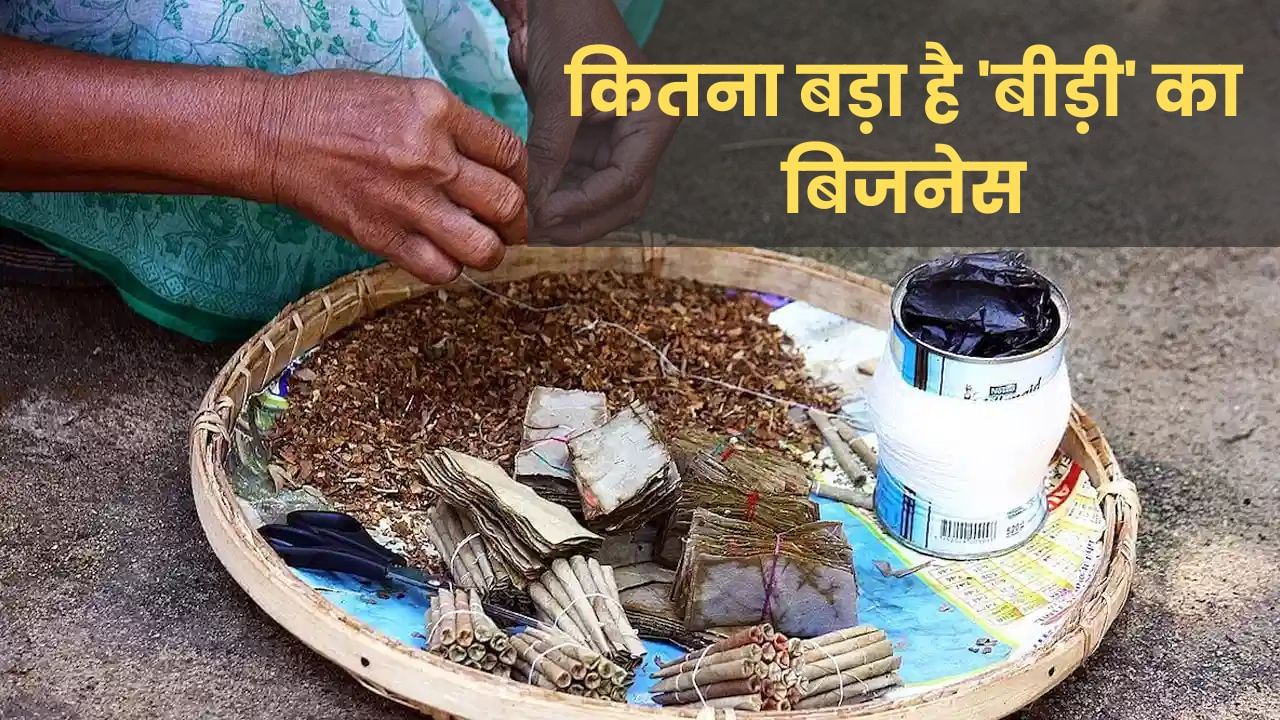File photo
Although smoking is harmful to health, but now drinking bidi in the country will become even cheaper. The government has reduced GST from 28% to 18% on bidi. Not only this, GST has been reduced from 18% to 5% on Tendupatta. The new GST rates will be implemented from September 22. People associated with the government and the industry hope that business will be promoted due to low GST. Let us know how big the bidi business is in the country and how many people give employment.
A simple bidi made of dry leaves, desi tobacco and thin thread is less than 1 rupee in the market, but its industry in India is billions. This industry provides employment to people living in villages and laborers working in cities. According to government estimates, the bidi industry in the country provides employment to about 70 lakh people direct and indirect people. The number of bidi consumers of the country is around 7.2 crore. This is an industry of more than 10 thousand crore rupees.
Why did the government reduce GST on bidi
According to government data, there are about 49.82 lakh registered bidi workers in India, most of which live in small towns and villages. 90% of the bidi laborers are women and they mostly work from home. They fit this work between domestic work, farming and care of children. Bidi making bidi is an important means of cash income for rural families. Reducing tax on bidi can help save these earnings, especially when the rural economy is going through a difficult period. Cheap bidi can increase sales and through this, there may be some increase in the earnings of workers.
This will benefit from increasing consumption
Jungle -based employment is also supported by tax cuts on tendu leaves. These leaves gather millions of tribal and rural families in Central India. Due to the decrease in GST, the cost of bidi makers decreases, due to which the entire work is connected. It will have an impact from those who collect leaves from the forest to the women who make bidi at home. While the government wants to reduce their consumption by increasing taxes on most tobacco products, less GST on bidi shows that defense of rural livelihood is also a priority. This step supports millions of women and families who depend on making bidis.
